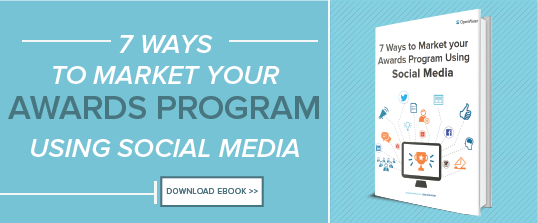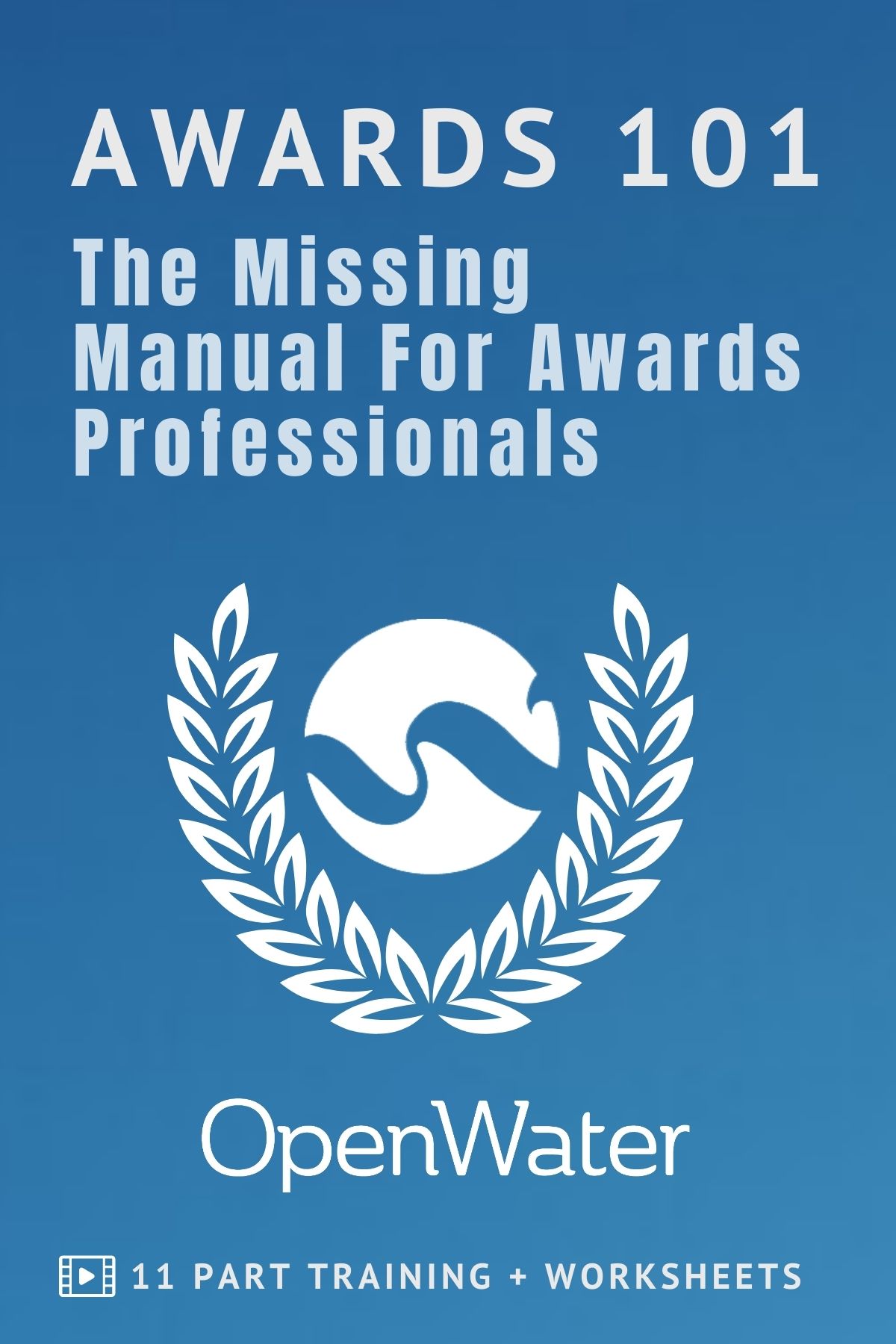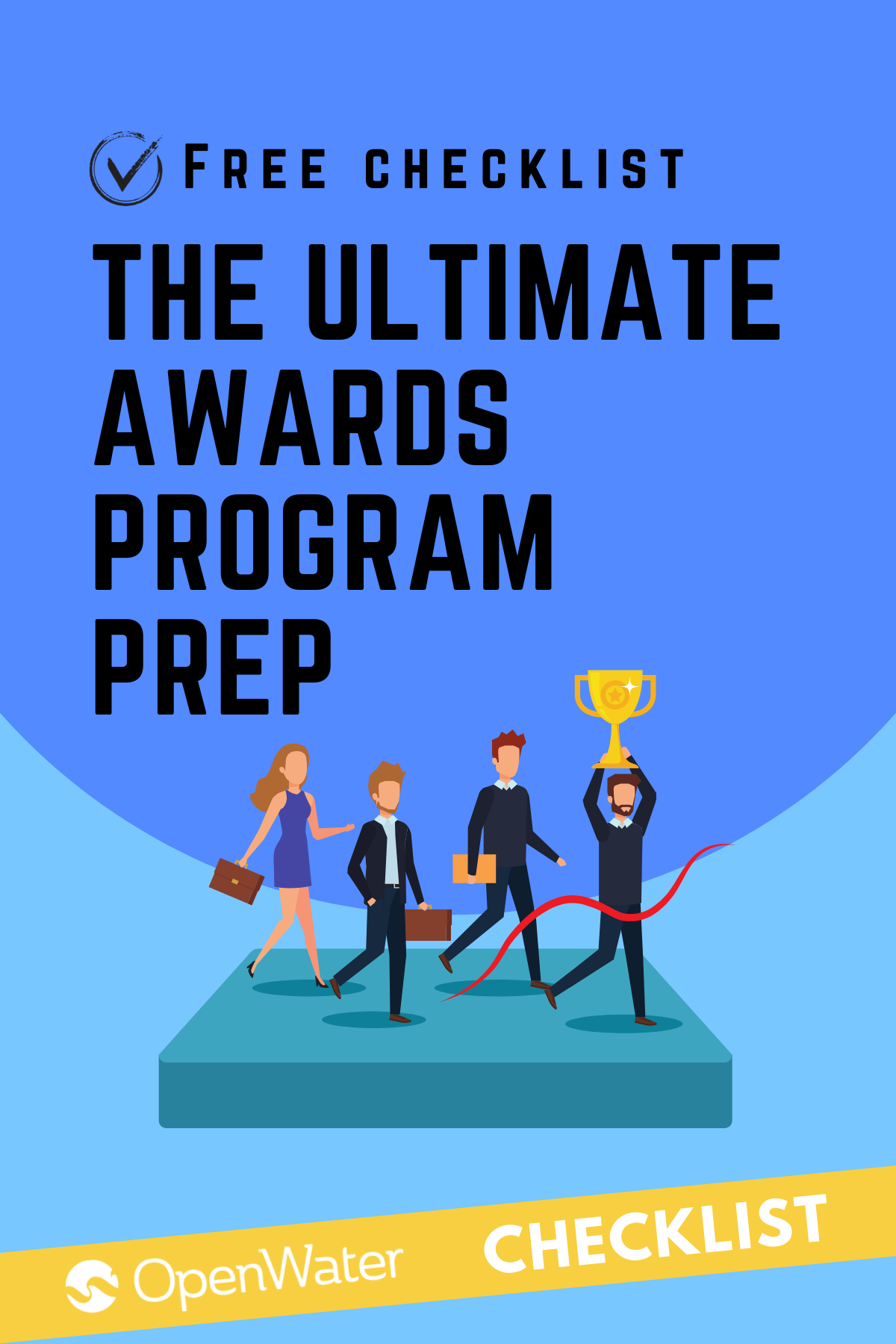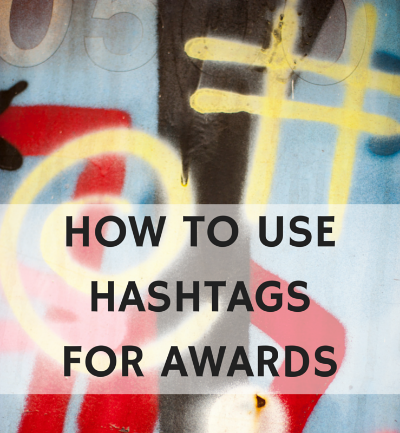
The Art of the Hashtag: How and Why You Should Use One for Your Awards
With 284 million active Twitter users each month and a staggering 500 million Tweets being sent each day, this platform is one you simply can’t pass up when it comes to marketing your awards program. And what comes with Twitter? Hashtags, of course!
But, hashtags aren’t just for Twitter. In fact, hashtags are also used on many other platforms like Facebook, Instagram, and Vine. This means that more than ever before, it’s time to integrate hashtags into your marketing efforts.
In this article, we’re going to discuss the function and utility of hashtags as well as how you can properly optimize your hashtag. Let’s get started!
Hashtags Serve Three Main Functions When it Comes to Awards Marketing
While hashtags are endlessly useful, they serve three main functions when it comes to your awards program. Primarily, they are used for:
- Branding – More than ever before, organizations of all kinds are creating unique campaigns for their promotions, events, and awards campaigns! Now, you can do the same to drive branding efforts.
- Categorization – Have a lot of different campaigns going on at once? Unique hashtags can help with categorizing your programs and keeping things organized, promoting user engagement.
- Search Feature – Social media platforms all have trending hashtags and users can also use hashtags to search for the content they’re looking for. With your own hashtag, this will be no different! You can even use the search feature yourself to monitor activity surrounding your program.
Four Rules You Should Follow for Hashtag Optimization
Just because it may seem obvious to use hashtags in your social media marketing, it’s not necessarily as obvious to figure out how to properly optimize them. Luckily, there are four key guidelines you should keep in mind to ensure that you create hashtags that fulfill their purpose for your organization.
These guidelines include:
- Keep it Short – Hashtags are for social media, so the shorter the better (after all you’ve only got 140 characters to use!). Make sure that your unique hashtags are all easy to type and remember to ensure people actually use them.
- Make Sure It’s New/Unique – Using a hashtag that has already been used is confusing for users and completely useless for your branding efforts. Make sure that all the hashtags you use are both new and unique to create brand clarity and impact for your needs.
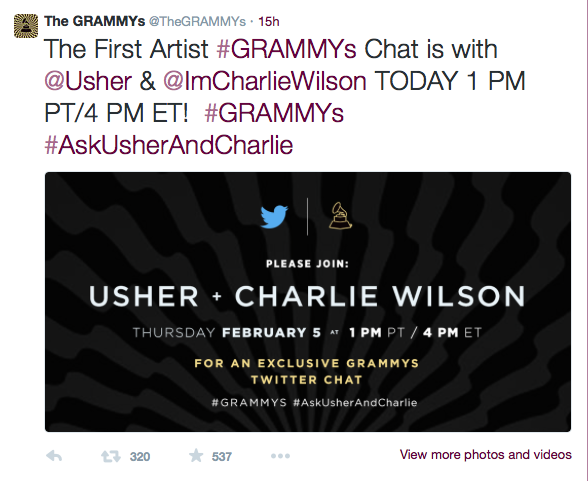
The Grammys created the unique hashtag #AskUsherAndCharlie for just part of their programming to reference their chat with Usher and Charlie Wilson. They can be positive that that hasn’t been used before, making it unique and relevant.
- Be Cautious With Sentiments – Including words like “love” in your hashtag might cause less people to use it (after all, love is a strong term). Instead, opt for less strong emotions when possible.
- Pick Keywords Related to Your Awards and Brand – It doesn’t make sense to create a custom hashtag if it isn’t easily identifiable with your brand. Always ensure that you keep your brand in the hashtag for maximum impact.

The Clio Awards created the hashtag #SuperClio for their Superbowl advertisement awards. This related not only to another trending hashtag, #SB49, but also created a unique keyword related both to their brand and the event.
Basically, hashtags are fun and effective tools that bring nothing but benefits to your awards program, that are also easy to integrate into your marketing efforts.
But social marketing goes far beyond hashtags alone! Download our guide today to learn even more about social marketing and how you can generate additional attention for your awards program.
[button id=”” style=”” color=”orange” type=”large” size=”large” href=”http://www.getopenwater.com/subscribe-to-openwater-blog” align=”center” target=”_self”]Like what you’ve read? Click here to subscribe to this blog![/button]
